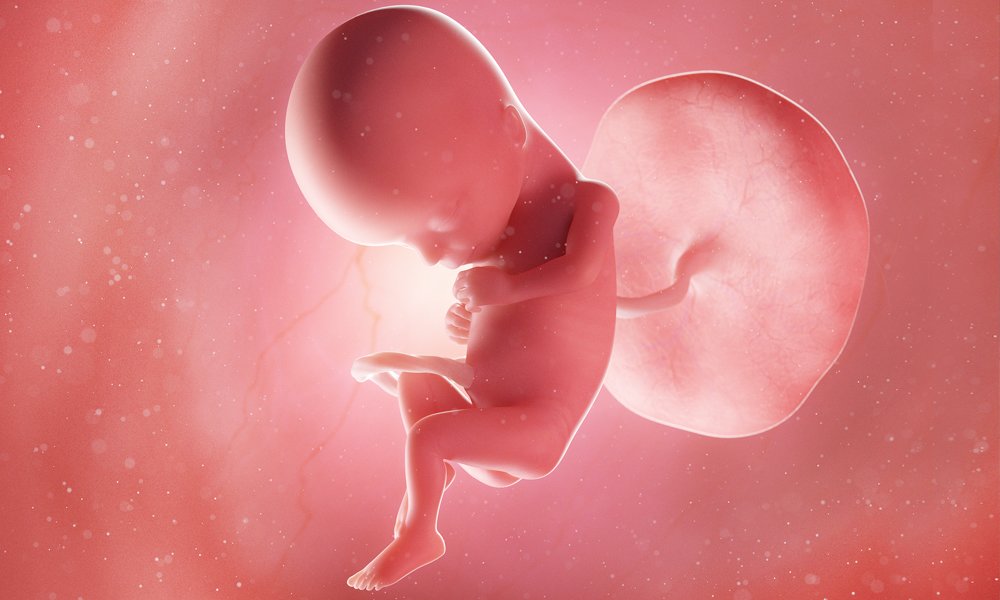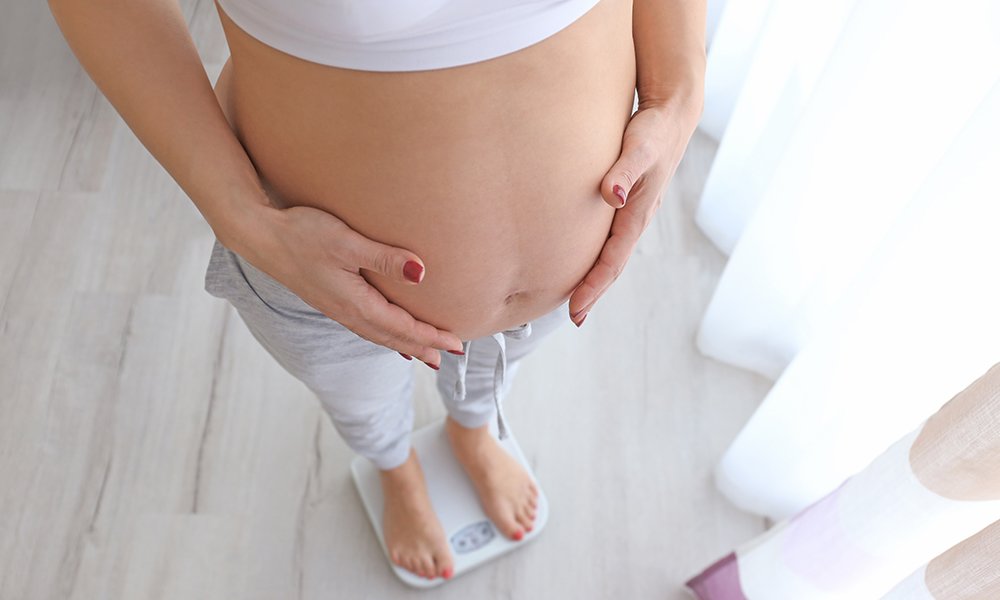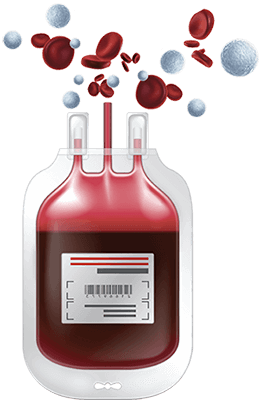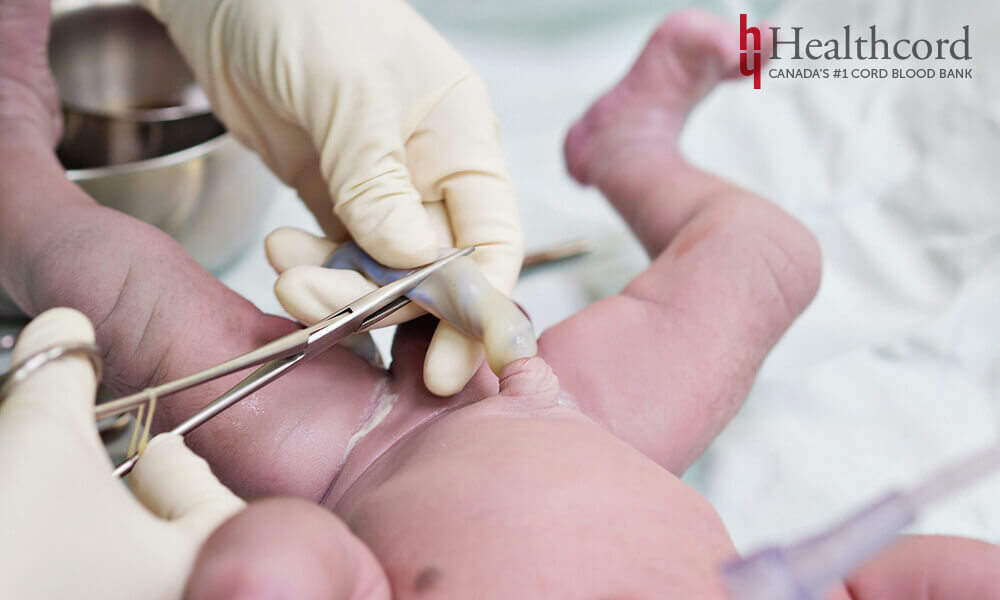Canada's Largest & Oldest Cord Blood Bank
Enjoying the golden months of pregnancy? Early weeks of your second trimester are likely the best time in pregnancy when your early pregnancy symptoms are gone and your belly is still small enough that you can move around easily.
This Week’s Highlights
Your baby is now sensitive to light
Your baby’s bones are now starting to harden
You will have your multiple marker screening test
Your Baby at 15 Weeks
Your baby is the size of an apple, measuring about 4 inches (10.1 centimeters) from head to rump and weighing in at about 2.5 ounces (70 grams).
Baby Development at Week 15
Bit by bit your baby is starting to take the shape of the newborn you will be meeting in 25 weeks. Your baby’s facial features have begun to move in to position. The ears are now at the sides of the head and the eyes are moving from the side of the head to the front of the face.
Your baby’s bones are starting to harden, which means he or she will be able to straighten more and more. The legs continue to grow, along with the muscle that connects the bones in the skeleton.

Your baby is getting good practice with his or her developing lungs by breathing in amniotic fluid.
You are not able to feel it yet, but your baby is also more active now. He or she is moving, turning and rolling around the amniotic sac strengthening those bones and muscles. Feeling your baby move is one of the most exciting moments of pregnancy and it will happen sometime between 16 to 20 weeks.
Multiple Marker Screening Test
If you opt for it, you will have your next prenatal screen for birth defects this week or in the coming weeks. The multiple marker screening test (aka the quad test) looks at the levels of four substances that are indicative of increased risk of certain conditions such as Down’s syndrome. The quad test should be done between 15 to 18 weeks, but can be performed up to 22 weeks if necessary.
As with the first trimester genetic screening , the multiple marker screening test only involves taking a maternal blood sample, which will be used to evaluate the risk that your baby has the following conditions: Down syndrome (trisomy 21), trisomy 18, spina bifida and abdominal wall defects.
The quad screening test is optional, which means you can make the decision that suits your situation the best. Talk to your healthcare provider about the multiple marker testing options, and what you need to consider before opting in or out.

Pregancy Tip
Swimming is a great way to stay active during pregnancy, because it uses muscles in both your arms and legs and is low impact. It is also a very safe form of exercise, as the risk of injury is low.

Crash course: Cord blood banking in 11 minutes.
Your Baby at 15 Weeks
Your belly is making a big transition this week as your pelvis stretches to accommodate the growing baby.
In the first trimester, your uterus was small enough to fit inside the pelvis. But that is no longer the case. As your uterus starts to sit higher up in your belly, you bump will become more and more pronounced.
Just remember, every pregnancy is different, which means some moms-to-be will have very pronounced bumps, while other may still not show at all.
How Your Body is Changing
At 15 weeks, you are probably experiencing a surge of energy and perhaps even increased libido. Unfortunately, there are still some not so wonderful symptoms that you may come across this week.
Round ligament pain will continue to plague your thought the rest of your pregnancy. You may also notice the occasional headache and even a nosebleed caused by the huge increase in circulation. Taking the time to rest and prop your feet will help you with these symptoms, and with varicose veins.
With your immune system being slightly suppressed, you are also at increased risk of infections during pregnancy. The common cold or the flu will not affect your baby. But depending on the stage of your pregnancy, chicken pox or rubella, can have serious effects on your baby. If you are not immune to these diseases, it may be a good idea to get vaccinated.
How Far Along are You?
15 weeks in, 25 weeks to go! You are in the second trimester of your pregnancy. Even though pregnancy is measured in weeks this means you are in your fourth month of pregnancy.
Diet at Week 15
You are probably feeling hungry now. Unfortunately, the decreasing size of your abdominal cavity can lead to heartburn and indigestion, especially if you eat large meals.

Heartburn results when the muscle that separates the esophagus from the stomach relaxes, owing to the pregnancy hormone progesterone. As a result, stomach acid escapes out, irritating your esophageal lining. Try the following tricks to tackle your heartburn:
- Rather than three big meals eat six smaller meals
- Stick to bland foods and avoid spicy or greasy foods
- Milk and yogurt can help with heartburn
- Increase your fluid intake
- Cut back on caffeine
- Try not to eat 2-3 hours before going to bed
- Chew gum
- Prop your head up with pillows when you sleep
What is Cord Blood & Why is it Valuable?
Cord blood is the blood remaining in the umbilical cord and placenta after birth. It contains rare stem cells that have many potential medical applications.
We have put together a fantastic webinar that will introduce you to cord blood and everything you need to know about it:
Exercise at Week 15
Your baby will keep growing this trimester and so will your belly. This means you will be gaining weight. Recommended weight gain in your second trimester is about 1 pound a week.
However, this does not mean you weight gain need to be equally distributed. If you gain 2 pounds one week and don’t put on any weight the next week, it is quite normal. If you are feeling conscious about your weight gain, try not to weight yourself more than once a week.
Pregnancy Symptoms at Week 15
Bleeding gums – You may notice that your gums bleed more often when you brush or floss right now, which is the result of the increased circulation. You are also at higher risk of gum diseases such as gingivitis during pregnancy. Make sure you talk to your dentist about practicing good dental hygiene, since gum disease is linked to preterm birth.
Pregnancy brain – Feeling extremely forgetful these days? “Pregnancy brain” is another side effect caused by hormones, lack of sleep and maybe a bit of stress. Studies show that brains of expectant moms function differently. But no need to worry, your brain will resume its normal activity once the baby is born. Aren’t you glad you have your trusty phone to keep track of your to-do list?
Round ligament pain – Several thick ligaments support your growing belly. The round ligament joins the front of your uterus to your groin area. As your belly grows, this ligament gets stretched. So, when there’s pressure on the round ligament you may notice pain. The pain can be sharp or it may be a dull aching pain that originates from one or both sides of your abdomen. You may feel like you have a sore stomach. You may want to wear a belly band and avoid the sudden movements that initially caused ligament pain.
Varicose veins – Varicose veins are caused when blood vessels just under your skin become swollen and twisted. Varicose veins in the leg are most common during pregnancy, and results from the increase in circulation. Extra blood during pregnancy is essential for supporting you and your baby. However, this can put extra pressure on your blood vessels. Remember the progesterone relaxes all smooth muscles including your blood vessels, so the veins in your legs now have to work extra hard to push the blood back to the heart. Increased circulation coupled with relaxation of smooth muscles creates the perfect condition for varicose veins.
Have Questions about Cord Blood Banking?



